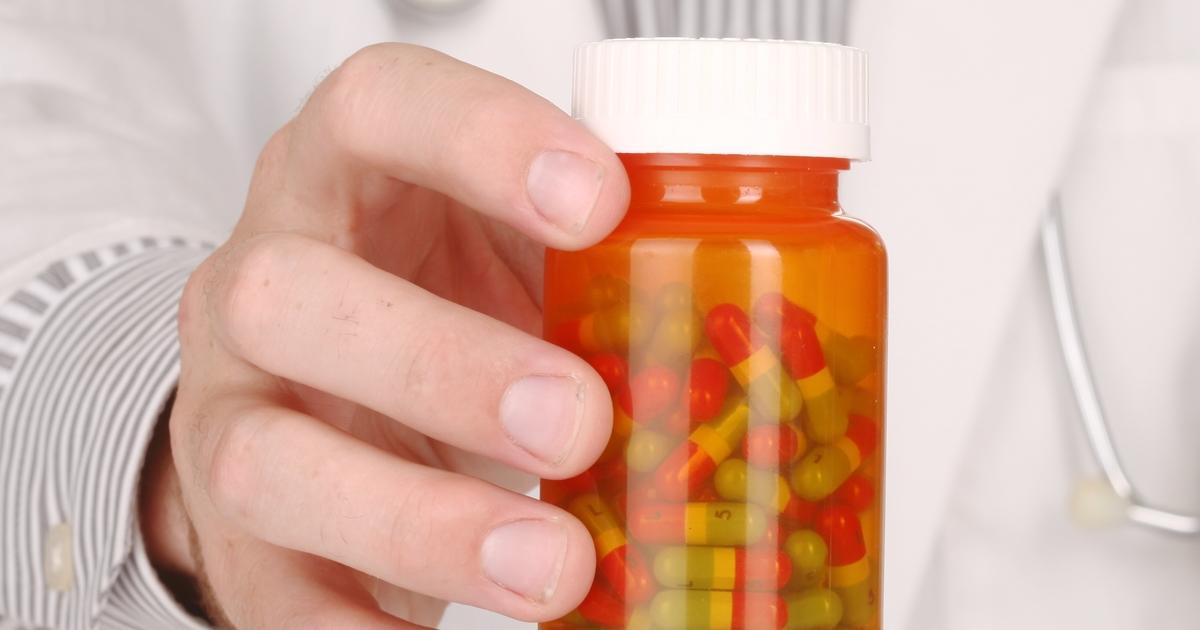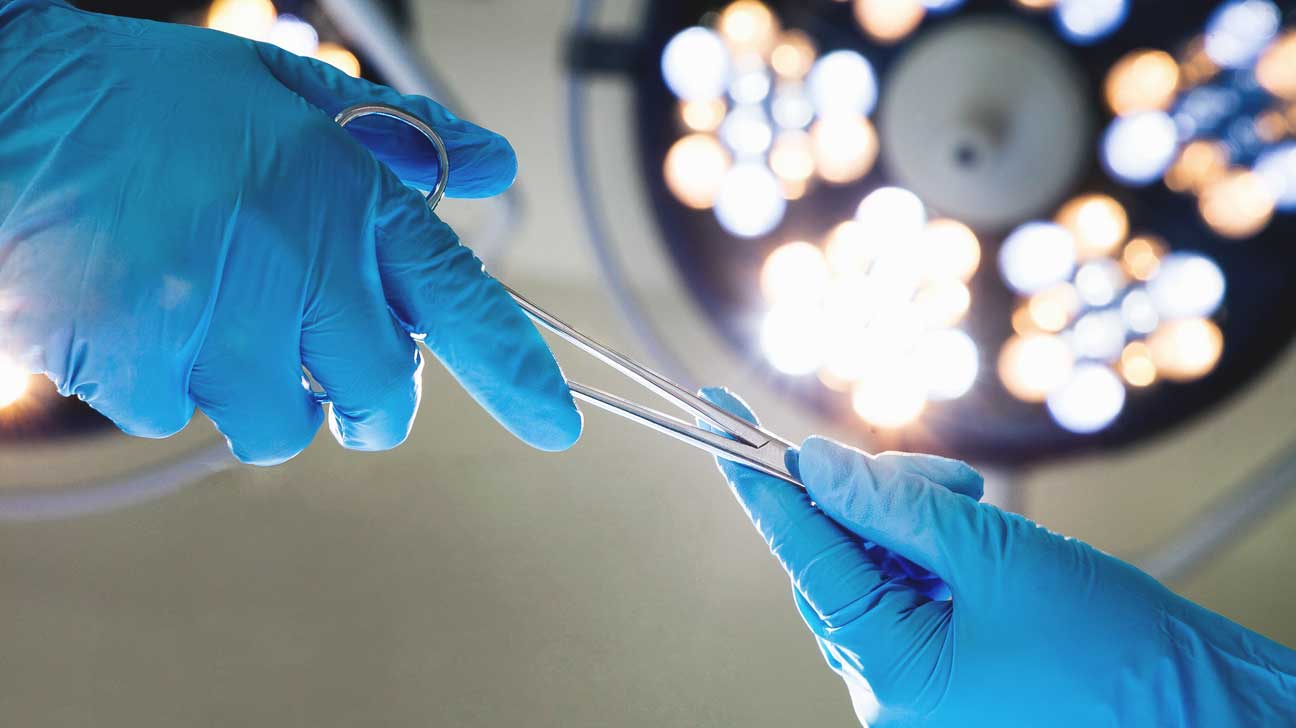Guide To Appendicitis Treatment And Recovery
Appendicitis develops when the appendix, an organ in the lower right side of the abdomen, becomes inflamed. This condition can be caused by viral infections, and it may also occur due to infection with bacteria such as Clostridium, E. coli, or Streptococci. The appendix may become inflamed as a result of an obstruction due to fecal matter, a foreign body, or roundworm or threadworm infections. Appendicitis occurs most often in patients between ten and thirty years old, and individuals who have a family history of the condition are thirty percent more likely to develop it themselves. In the early stages of appendicitis, patients might experience sudden pain in the lower right side of the abdomen; the pain sometimes begins near the belly button, and it may worsen with coughing or walking. Nausea, abdominal bloating, and vomiting have been reported. To diagnose this condition, doctors will perform a physical examination of the abdomen to check for pain. Patients may need to have imaging studies such as x-rays, CT scans, or ultrasounds to confirm the diagnosis. Since appendicitis may cause the organ to rupture, patients should seek urgent medical treatment as soon as they notice any symptoms that could be related to their appendix.
Course Of Antibiotics

A study completed in 2015 suggests roughly eighty percent of adult appendicitis patients could be safely treated with a course of antibiotics instead of an appendectomy. Before offering antibiotics, doctors will need to confirm the patient has a mild form of the condition, and this requires a CT scan. Patients who are given antibiotics will be closely monitored for any worsening symptoms, and surgery may still be necessary if there is no improvement. If the more serious form of appendicitis is detected on the CT scan, patients will be given emergency surgery, as antibiotics are not effective in this case. After having an appendectomy, some patients will be given oral or intravenous antibiotics during their recovery. For example, patients who are recovering from complex acute appendicitis generally need to receive antibiotics for two to five days.
Appendectomy

An appendectomy is a surgical procedure to remove the appendix. The procedure can help prevent potential complications from appendicitis, including a rupture or the formation of an abscess. Depending on the patient's condition, an appendectomy may be performed as an emergency procedure in a hospital, or it might be done at a scheduled time at an outpatient facility. Most patients receive general anesthesia for the operation, and it can be performed using either open or laparoscopic methods. In the open method, doctors make a single incision in the lower right side of the abdomen. They remove the appendix, and they may clean the abdominal cavity if needed. Then, the wound is closed with stitches. Open surgery is necessary for patients who have a ruptured appendix that has spread the infection to surrounding organs. Doctors also prefer to use the open technique if a patient has had previous abdominal surgery. A laparoscopic approach is especially beneficial for overweight individuals and older adults. This procedure allows the doctor to visualize and access the appendix via a camera and other instruments inserted into several small incisions in the abdomen. Laparoscopic surgery typically offers a faster recovery time and a lower risk of complications compared to an open procedure.
